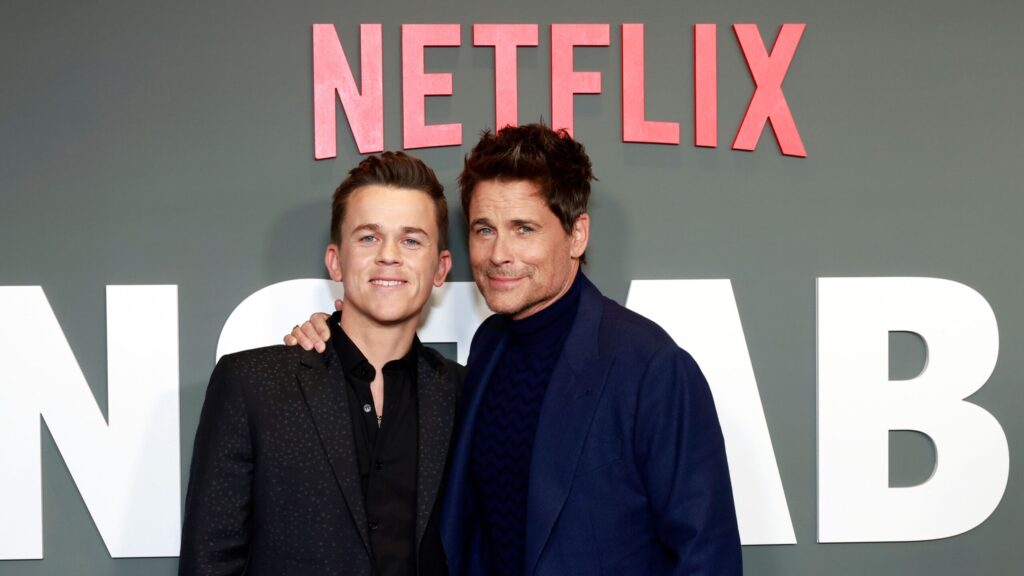Another Netflix flop!
Rob Lowe’s sitcom Unstable has been canceled after two seasons, the streaming giant announced today.
It’s been a tough year for Lowe, who was recently fired from “9-1-1: Lone Star” by Fox.
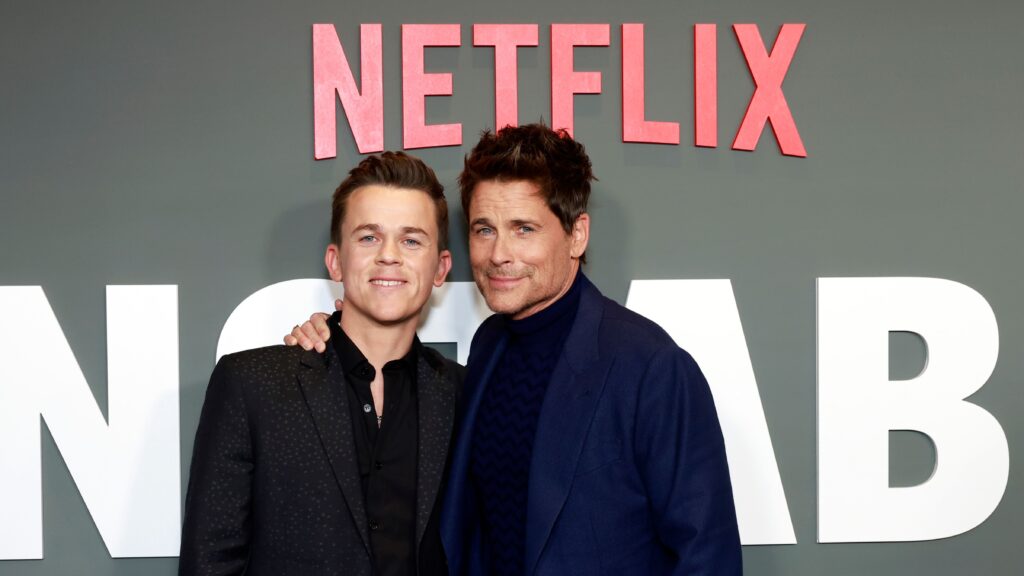
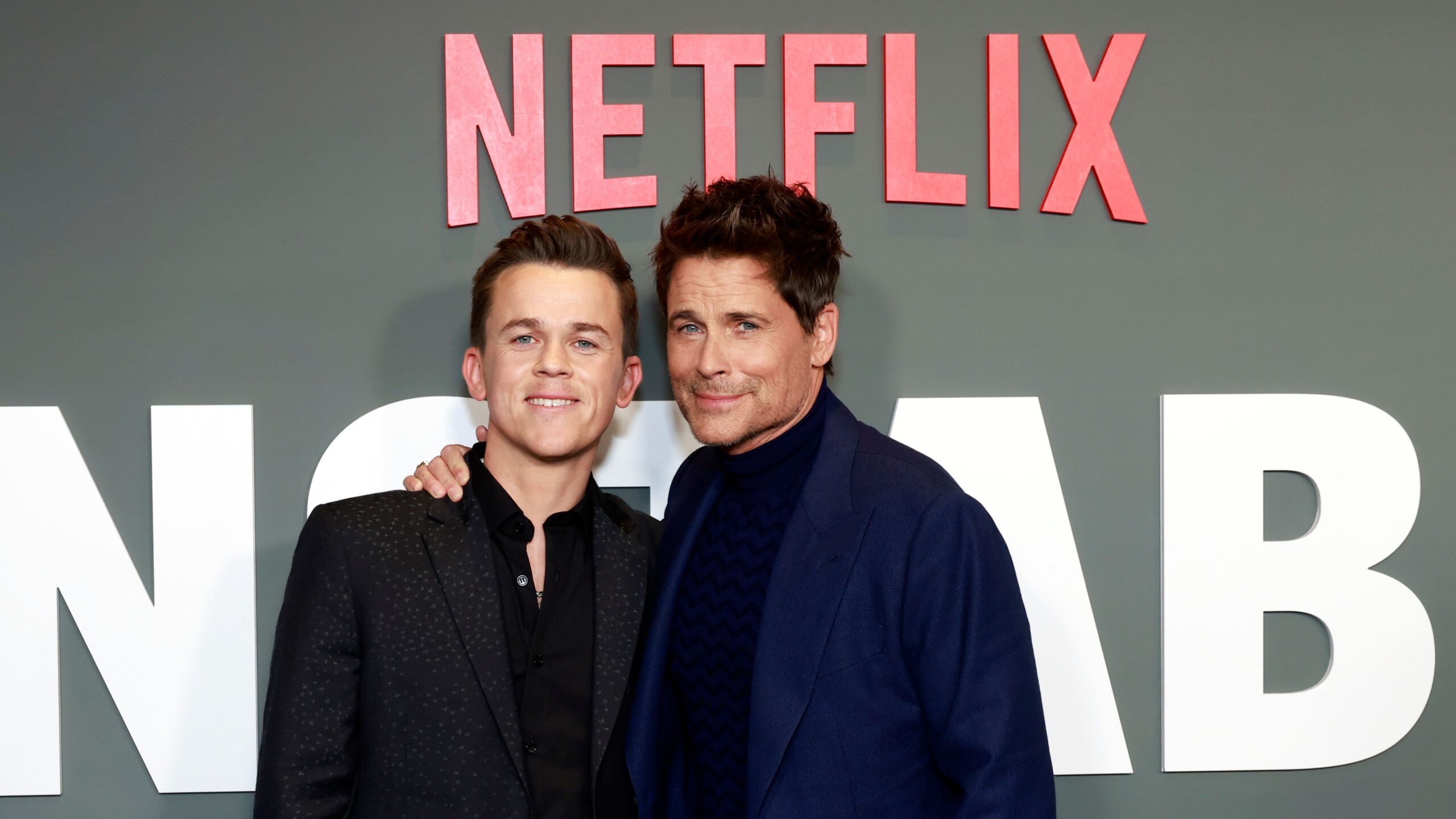
But at the end of the day, Rob Lowe still lives an enviable life. So the real losers in this scenario, as always, are those who continue to spend money on increasingly expensive Netflix subscriptions.
This situation makes us feel a bit like Charlie Brown. In this analogy, Netflix is Lucy, and exciting new content is the football that gets brutally pulled apart every time we eagerly approach.
At this point, it feels like every long-time Netflix subscriber has a horror story: getting hooked on a show, only to see it unceremoniously axed after a season or two.
News of Unstable’s cancellation follows the announcement that Jeff Goldblum’s beloved comedy “Kaos” is on hiatus.


Apparently, the practice of removing shows from the lineup for budgetary reasons is as old as television itself.
Some of these shows are sure to leave a group of disappointed fans hanging around.
But Netflix’s cancellation-happy approach has become a source of laughter across the industry. Frustrated subscribers are growing weary.
The list of highly regarded shows that were kicked to the curb by Reed Hastings and company is too long to replicate here.
Some of the canceled shows that caused the biggest fuss include The OA, Sense8, Tuca and Bertie, Glow, Everything Sucks!, and, of course, Mindhunter.


David Fincher’s critically acclaimed serial killer drama was originally planned for a five-season run, but was scrapped due to budget issues.
“It’s a very expensive show and, in Netflix’s view, we’re not attracting enough viewers to justify the investment,” Fincher told The Sunday Times at the time.
In any case, it’s hard to imagine that another “reputable” outlet – such as HBO – would suddenly cut ties with a top talent like Fincher and a hit show like Mindhunter.
But at Netflix, such callous decisions have become routine.
Of course, this strategy makes sense. As a public company, Netflix has a responsibility to shareholders, and in today’s economy, stagnation equals slow death.
However, one has to wonder whether C-suite executives’ apparent lack of focus on subscriber experience will eventually start to impact their bottom line.


One Reddit user wrote in response to the Unstable announcement: “Currently the news I hear about Netflix shows is mostly cancellations.”
“They produce so many shows that they can’t market them effectively, and if they don’t go viral by accident, they’re immediately killed off.”
The comments were echoed by countless others, many of whom noted that Netflix seemed to be taking a rather half-hearted approach to promoting its shows.
“I’ve seen a lot of stories about Shogun, Agatha, Penguin, Dune, etc. With Netflix shows, I only hear about them going viral or being canceled, never any real marketing,” one commented the author wrote.
“I don’t see any commercials for Netflix shows anymore,” another person chimed in.
“I can’t remember the last time I turned on Netflix, but nothing tells me I should go there and watch their latest release. I can’t even guess what’s popular on there right now.
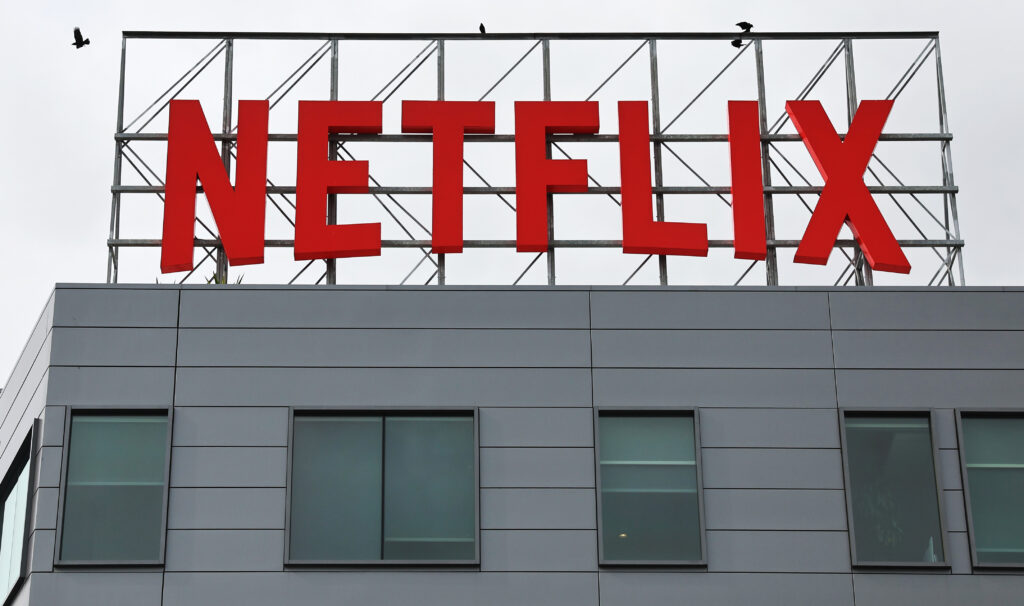
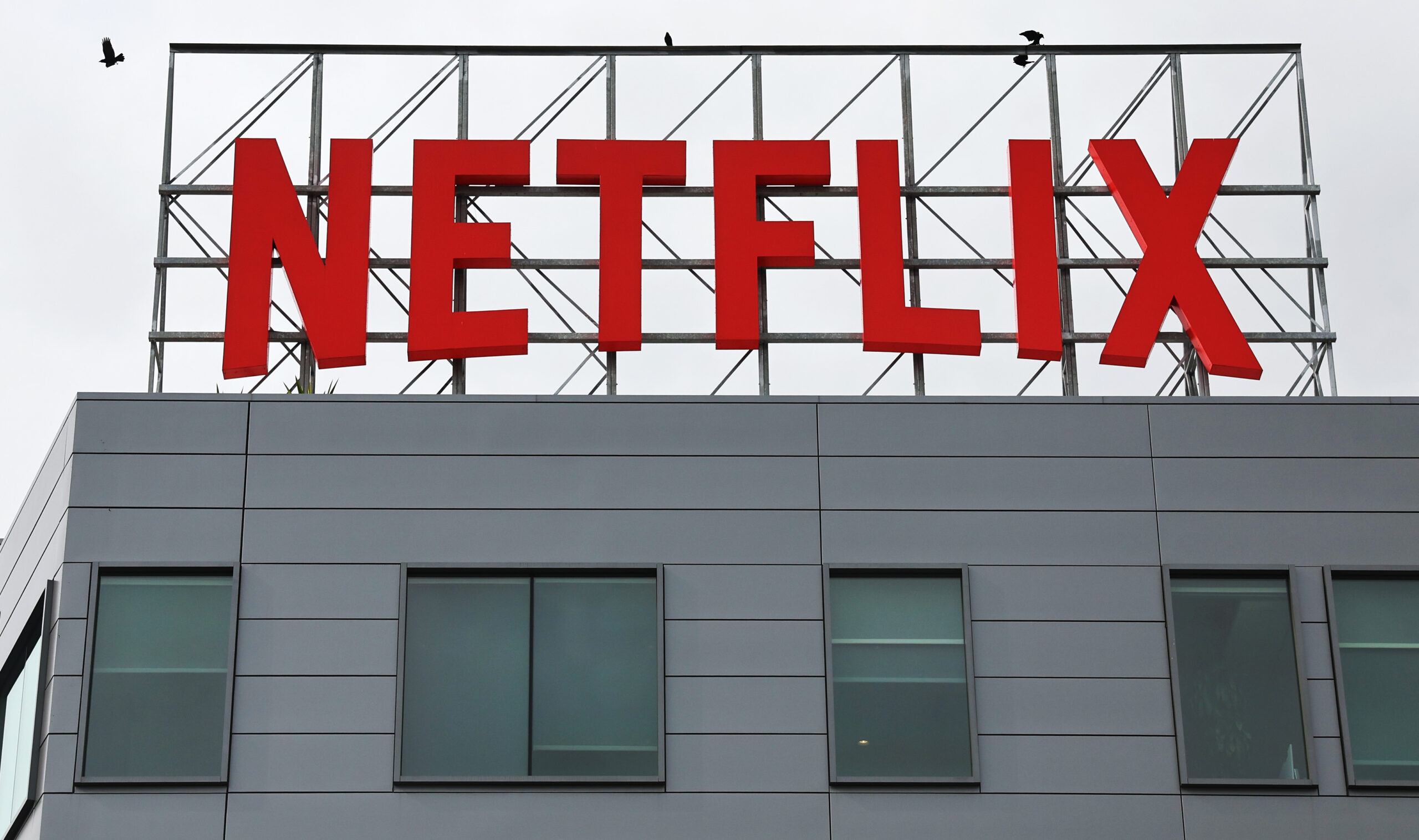
The situation has left many subscribers wondering why Netflix doesn’t simply shift its focus to limited series and original movies.
The answer, of course, is that one-off projects with clear endings are the bane of subscription-based streaming services.
Viewers are likely to subscribe for a month (usually with a free trial) and then cancel after watching content that interests them.
This is one of the major drawbacks of the streaming era, and one of the reasons many services now supplement their revenue with advertising.
So, to add insult to injury, you may now be forced to pay a subscription fee and watch ads on a service that will cancel your favorite show if it doesn’t immediately go viral.
Hey, we’re not claiming to know what the answer is, but the current situation feels increasingly unsustainable.

